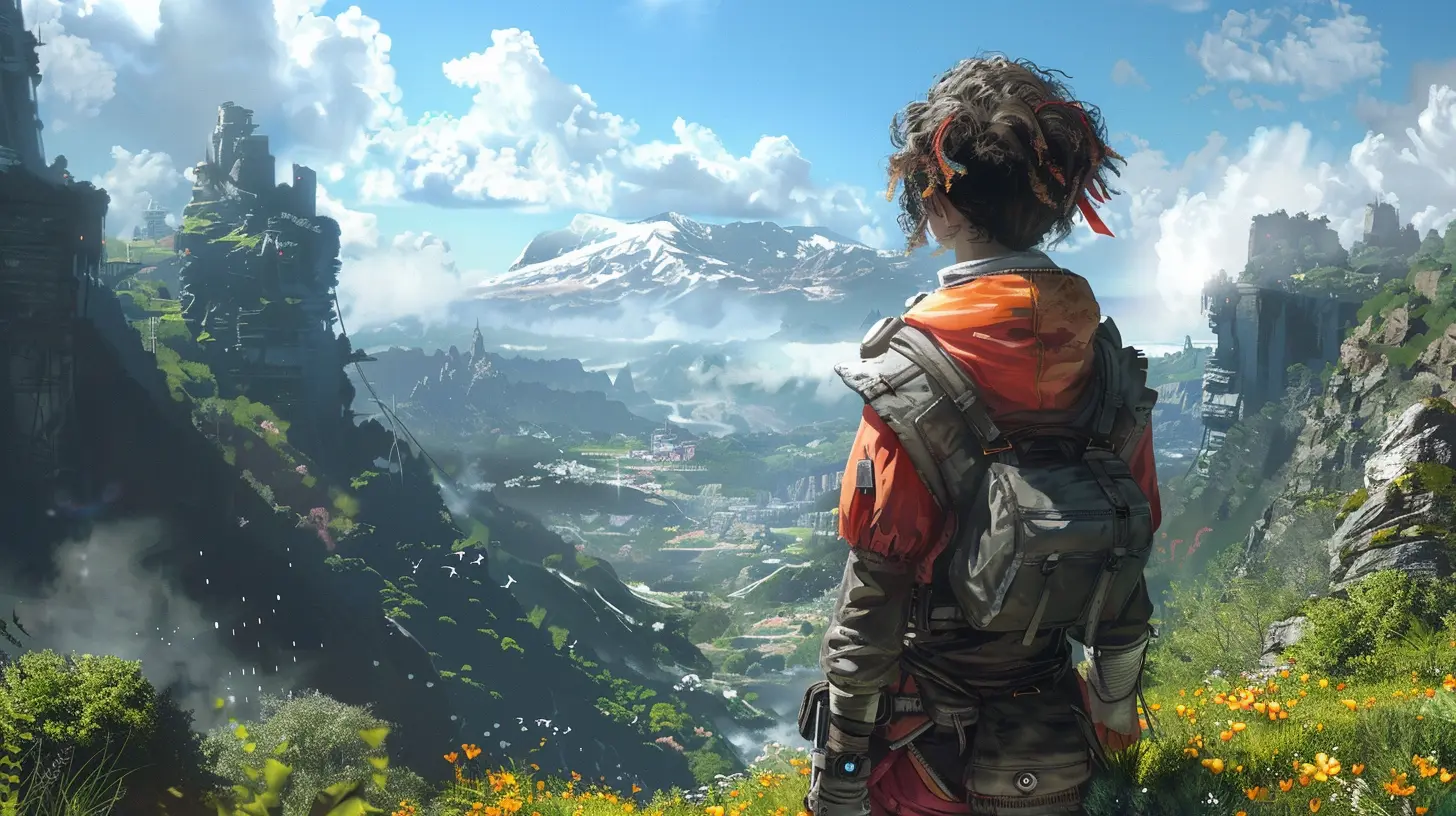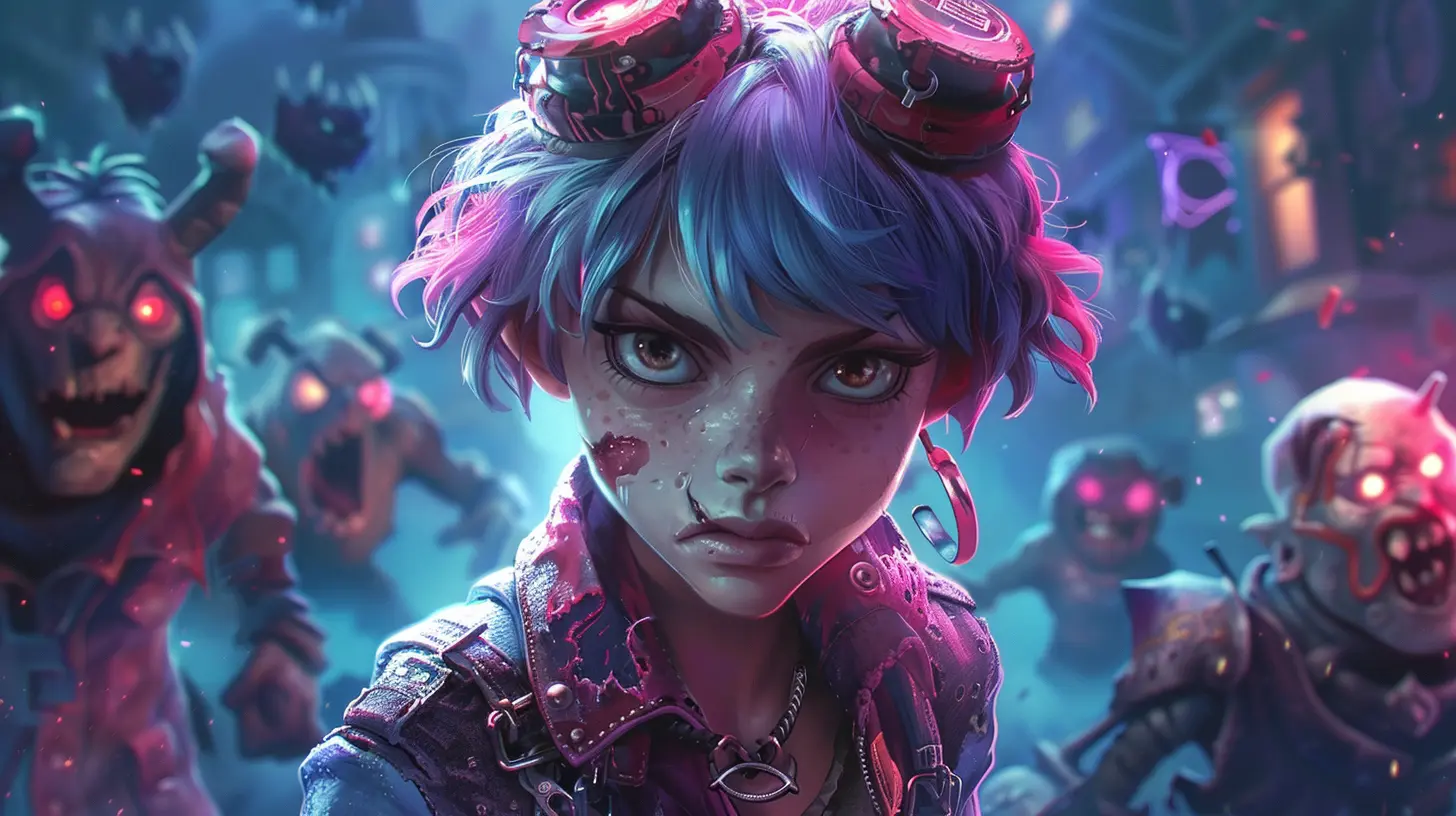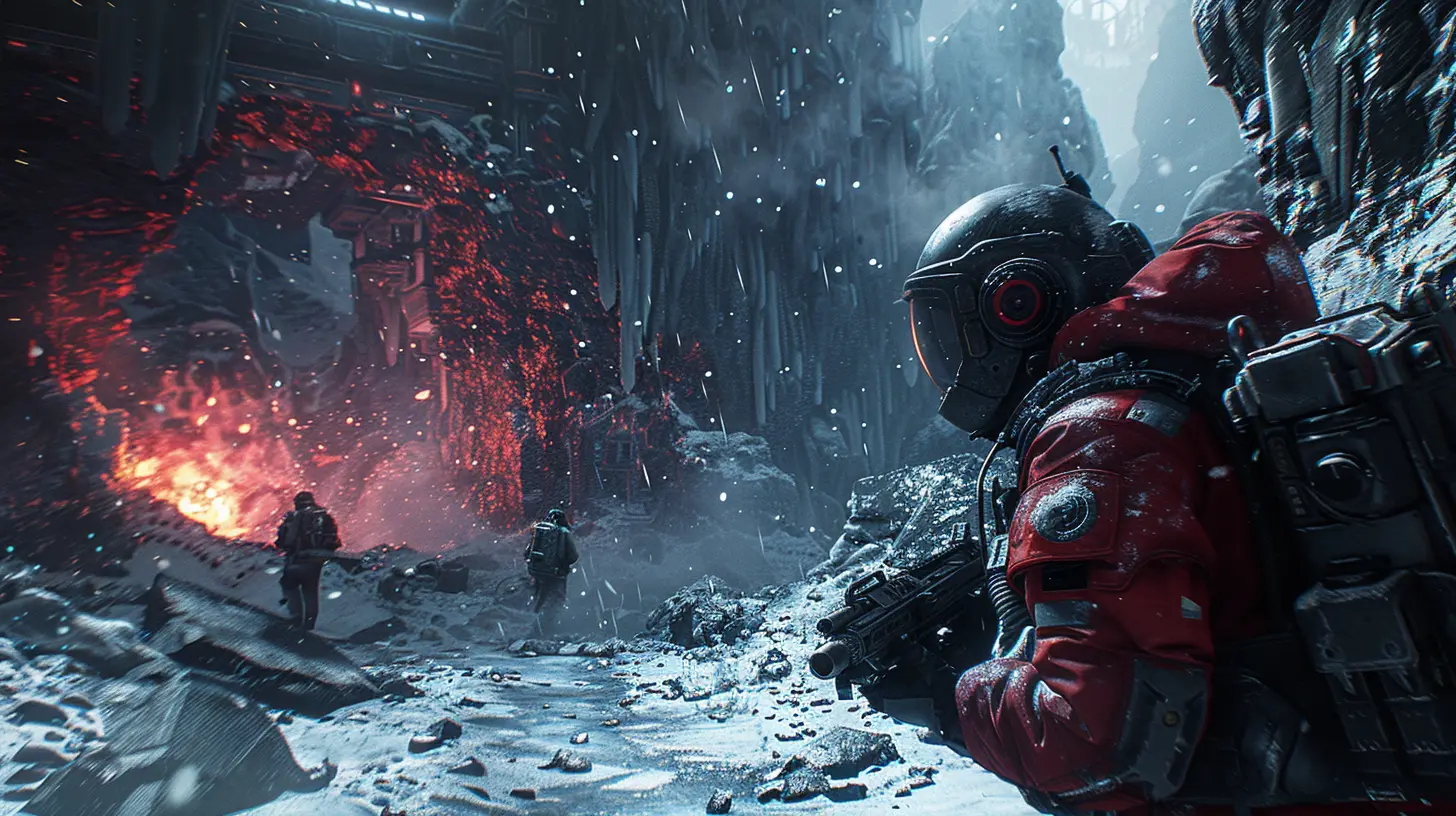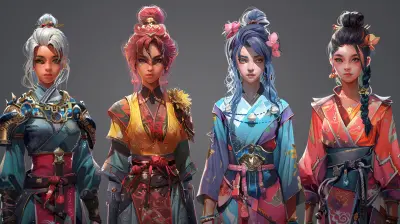Game Update Analysis: Should You Be Excited or Cautious?
2 November 2025
Ah, the thrill of a game update. Whether you're a casual gamer or someone who wears the badge of “hardcore” proudly, there’s something undeniably exciting about patch notes dropping or a new teaser trailer announcing major changes. But hold up—should you be hyped to the heavens? Or should you take a step back and cautiously examine what’s really going on? Let’s delve into this and figure out whether you should be throwing confetti or quietly biting your nails for the next big update.

What’s the Deal with Game Updates?
Before we get too far into this, let’s break it down: what even is a game update? Simply put, updates are developers’ way of keeping their games relevant and fresh. These updates might contain new content like maps, characters, or weapons that breathe new life into the experience. Or they might include bug fixes, balance adjustments, or performance improvements that smooth out the game’s rough edges.But not all updates are created equal. Sometimes you get a shiny, polished gem that makes you fall in love with a game all over again. Other times? You wind up stuck with bugs, nerfs, or changes that leave you wishing the devs had just left everything alone. So, should you dive head-first into excitement when an update rolls out? Or is it smarter to tread carefully?
The Case for Excitement: Why You Should Get Hyped
Alright, let’s start with the good stuff—the reasons why game updates can (and should) spark joy. If done right, a fresh update can completely rejuvenate a game and keep you glued to your screen for months. Here’s why you might want to let your excitement build:1. New Features and Content
Let’s be real—there’s nothing quite like the thrill of new content dropping. Whether it’s a groundbreaking expansion in an MMO, a new map in your favorite FPS, or a slew of new quests in an open-world RPG, fresh features have the power to make a game feel brand-new all over again.Take games like Fortnite or Apex Legends, for example. These titles thrive on regular updates that introduce new weapons, characters, and game modes. Patching in new features keeps things from feeling stale and can even bring back players who’ve moved on to other games.
2. Quality of Life Improvements
Ever rage-quit a game because of annoyances—long loading times, clunky UI, or bugs that make you want to scream? Updates often swoop in like the hero you didn’t know you needed. Developers will fine-tune the game’s performance, improve controls, or fix glitches that previously left you banging your head against the wall.Think of it like this: updates can feel like upgrading from an old, beat-up car to a sleek new ride. The same mechanics are there, but everything runs 10x smoother.
3. Developer Engagement
A solid update can be a reflection of how much the developers care about their player base. When updates align with community feedback, it’s a clear sign that devs are listening to what people want. That kind of engagement is rare and deserves a shout-out.Take No Man’s Sky, for instance. After a rocky launch, Hello Games kept their heads down and released update after update, each improving the player experience significantly. Today, the game is a poster child for turning things around, thanks in large part to dedicated updates.
The Cautious Gamer’s Perspective: Why You Should Hold Back
But hey, let’s not get carried away with all this sunshine and rainbows. While updates can bring tons of good stuff, they can also bring their fair share of headaches. Sometimes, it pays to temper your expectations and approach new patches with a healthy dose of skepticism. Here’s why:1. The “Nerf Hammer” Effect
You’ve been grinding for weeks to unlock that one powerful weapon, only for an update to nerf it into oblivion. Sound familiar? Balancing changes are a common part of any update, but they can often feel like a step backward for players who’ve grown attached to certain playstyles or features.Sure, balance is important (nobody wants OP metas ruining the fun), but when a beloved feature gets gutted, it’s hard not to feel burned.
2. Unintended Bugs and Glitches
Let’s talk about the elephant in the room: bugs. With every update, there’s always the risk that something will break. New features can introduce unintended glitches, crashes, or gameplay issues that leave players frustrated.Remember Cyberpunk 2077? While it wasn’t an “update” per se, its rough launch showed just how badly bugs and performance problems can tank a game’s reputation. Even smaller-scale updates can lead to unexpected chaos—sometimes a quick hotfix becomes the new obsession of the fanbase.
3. The “Pay-to-Win” Problem
For free-to-play games, updates can sometimes come with strings attached. That shiny new content you were so excited about? Turns out it’s locked behind a paywall, or worse, it gives paying players a distinct advantage. While most developers aim for fair monetization, there are always bad actors who prioritize microtransactions over player satisfaction.For instance, some battle pass systems feel predatory, asking players to shell out cash just to access exclusive cosmetics or extra XP boosts. These types of updates can leave a sour taste in players' mouths, turning excitement into resentment.
How to Approach Game Updates the Smart Way
Alright, so we’ve covered the good, the bad, and the downright frustrating. But what’s the best way to deal with updates? Should you swear off patch notes entirely? Not at all. Here are some tips to help you strike the right balance:1. Wait and See
Patience is a virtue, especially when it comes to game updates. Instead of downloading the patch the moment it drops, wait a few days and see how the community reacts. Reddit threads and forums will give you a pretty good idea of whether the update is worth your time.2. Read the Patch Notes
Sure, patch notes can sometimes feel like reading a legal document, but they’re packed with useful info. Skim through the changes and look for anything that might affect your favorite features, characters, or weapons. Knowledge is power, after all.3. Engage with the Community
Whether it’s via Discord, Reddit, or in-game chats, the community is a great resource for gauging the overall vibe of an update. If the general sentiment is positive, it’s probably safe to dive in. But if you’re seeing lots of complaints, it might be best to pump the brakes.4. Keep Your Expectations Realistic
This one’s key. While it’s fun to get hyped, remember that no update is perfect. Set your expectations reasonably and be prepared for a few hiccups. That way, even if things don’t go as planned, you won’t feel completely let down.Final Thoughts
So, should you be excited or cautious about game updates? Honestly, it’s a bit of both. The best approach is to strike a healthy balance—embrace the excitement of new content, but don’t let hype blind you to potential downsides. Game updates are like opening a mystery box: sometimes you win big, and other times you get socks.At the end of the day, updates are an essential part of gaming. They keep your favorite titles feeling fresh and relevant while giving developers a chance to showcase their love for the community. Just remember to approach them with an open mind and a touch of skepticism, and you’ll be golden.
all images in this post were generated using AI tools
Category:
Game UpdatesAuthor:

Jack McKinstry
Discussion
rate this article
1 comments
Monica Fletcher
This update offers promising features but also raises concerns about balance and stability—approach with cautious optimism for now.
November 2, 2025 at 3:27 PM

Jack McKinstry
Thank you for your insights! Balancing excitement with caution is definitely key as we navigate these updates.


